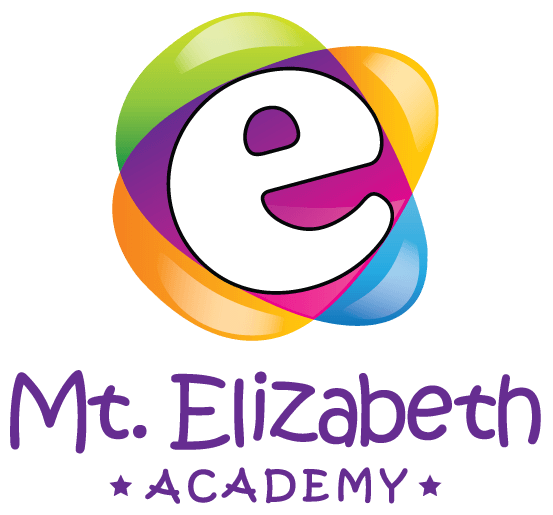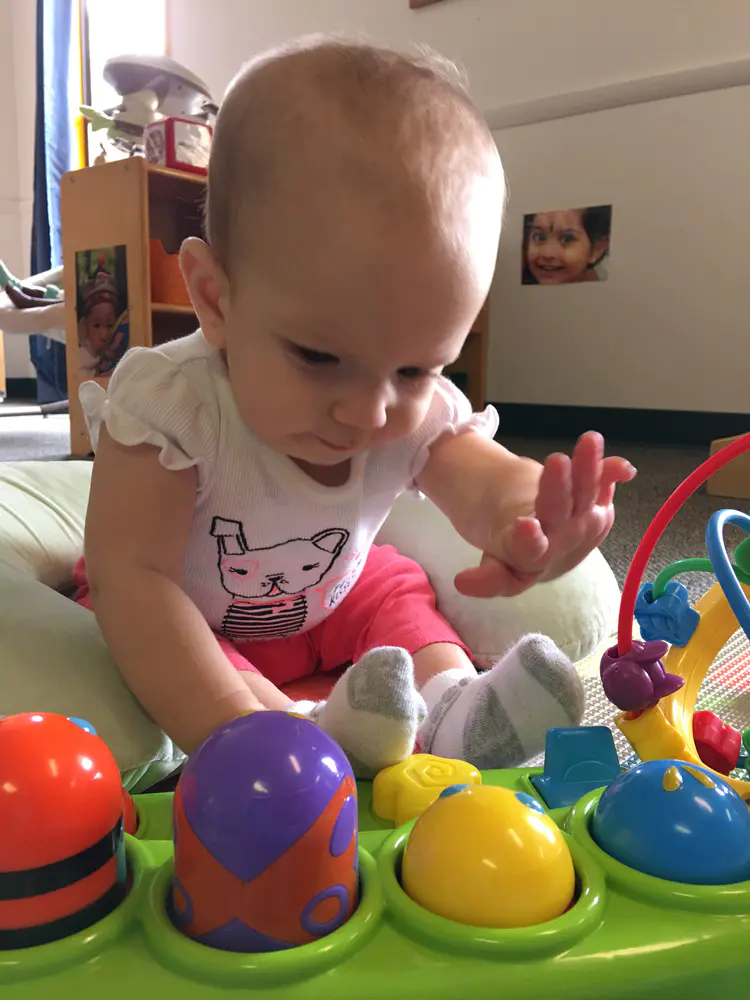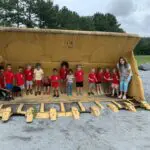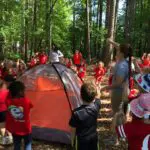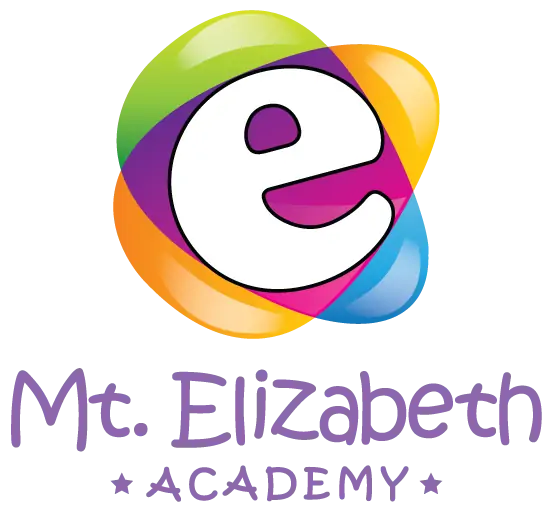Every day of your adult life, you take for granted your ability to set priorities—you’ll have to leave the house 15 minutes early if you want to get that mocha on the way to work—and remember what you had planned to do as soon as you get home that night. But did you know that there is a specific set of mental functions that help you make even the most insignificant choices, help you cope with change, and keep you focused? They’re called executive functioning skills, and if you didn’t get the chance to develop them before kindergarten, you might not have fully developed them at all.
What Are Executive Functioning Skills?
Psychologists have labeled a group of cognitive skills as “executive functions” because they represent our opportunities to make choices—executive decisions, so to speak—about how we respond to the world. These skills include the ability to:
- Plan and organize
- Use working memory to complete a task
- Cope with situational change
- Control one’s emotional responses
- Monitor one’s progress, need for help, and emotional state
- Begin tasks independently
Why Do Preschoolers Need Coaching with Executive Functioning Skills?
Studies show that, despite their name, executive functioning skills aren’t developed in adulthood, when we might be “executives.” They’re not even developed during adolescence. Long before we can be good executives, we need help developing good executive functioning skills. In fact, research indicates that the best time to lay the foundation for excellent executive functioning skills is from 6 months to 5 years old. Thankfully, learning in ways that promote these higher-level cognitive skills can be lots of fun!
Fun Ways to Promote Development of Your Preschooler’s Executive Functioning Skills
- Sorting games: Ask your child to sort memory-game cards into different kinds of piles. For example, you might ask him to place all the cards with animals into one pile and all the cards with fruit into another. Then ask him to sort all the cards into piles according to colors that he knows. The cards giraffes and bananas would go in the yellow pile, for example, and the cards with frogs and peas would go in the green pile. This helps your child develop working-memory skills and the ability to cope with change.
- Open-ended story time questions: As you read to your child, ask her to predict what will happen next. That will spark her ability to focus and use working memory. Make sure that you wonder aloud to yourself about how you feel about the characters and the plot as you go. When you do, you’ll be modeling self-monitoring for your child.
- Freeze and dancing games: The classic game of freeze teaches children to focus, to plan, and to control emotions and actions. All you need is some fun music and a few energetic kids. Let them dance however they want while the music’s playing then hit the pause button at random intervals. Whoever sits down—on the floor, on a chair—or freeze in place last is out. Being the one who’s “out” is never fun, but it’s a learning opportunity about how to be a good sport and look forward to the next chance to play.
Preschooler essential skills are vital for your children. That’s why the experts at Mt. Elizabeth Academy feature it in our curriculum. Our mission is to make sure that our children are equipped with the life skills they’ll need for a successful future. Find out more about how to enroll your child in our program today by clicking here.
